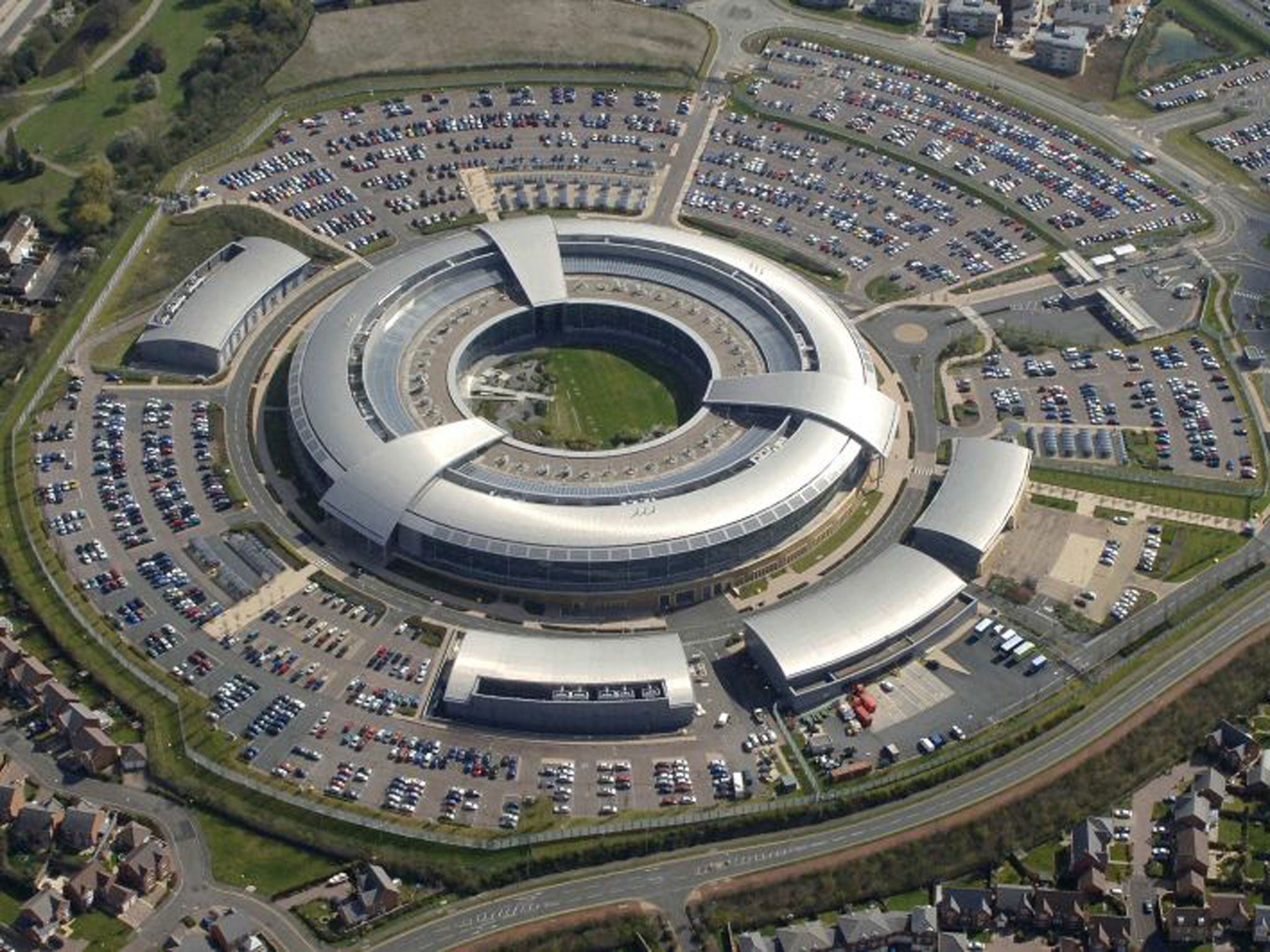MPs to quiz Americans over UK's role in email spying
Intelligence and Security Committee will ask how much GCHQ knew about data-mining operation

British MPs will question American intelligence chiefs in Washington this week over Britain's involvement in a controversial internet monitoring operation that allegedly harvested information from millions of private emails.
Members of the Intelligence and Security Committee (ISC) will meet General Keith Alexander, director of the National Security Agency (NSA), which stands accused of secretly mining data from nine of the world's top internet companies through its top-secret Prism programme.
ISC sources said the scheduled visit will now be dominated by allegations that the UK colluded in the operation, after it was claimed that GCHQ, the government eavesdropping centre, had had access to the system for three years.
GCHQ officials have insisted that they operated within a "strict legal and policy framework". They have also promised to hand the ISC an account of their involvement with Prism, following allegations that they had generated 197 intelligence reports through the system in the 12 months to May 2012, a 137 per cent increase on the previous year.
An ISC member said: "I am deeply concerned at the implications of this system and the possibility that not only might the communications of British people have been monitored, but that one of our own agencies was involved in the operation. We will be meeting the directors of the NSA and the CIA, and we will take the opportunity to put all the questions that everyone here in the UK will be asking."
Politicians are under pressure to reveal the extent of the UK's knowledge of the Prism project. The Home Secretary, Theresa May, faces Labour demands for an inquiry, while William Hague, the Foreign Secretary, could be forced before Parliament tomorrow to make an emergency statement.
"Our intelligence agencies do vital work to keep our country safe, but it is also vital that they operate within a framework of legality and accountability," said the shadow Foreign Secretary, Douglas Alexander. "Mr Hague must explain the Government's position and tell MPs how the Government will work with the ISC to address these public concerns."
The existence of the Prism system was revealed last week by The Guardian and The Washington Post, a day after the disclosure of a secret court order requiring the US telecoms company Verizon to turn over the phone records of millions of US customers. A presentation apparently prepared for NSA analysts detailed a set-up that allowed the agency and the FBI easy access to data from top internet companies including Google, Facebook, Microsoft, Apple, Yahoo! and Skype. The Guardian subsequently claimed it had seen documents showing that GCHQ has had access to Prism since at least June 2010. It said the programme appeared to allow GCHQ to circumvent the formal legal process required to obtain personal material from internet companies based outside the UK.
GCHQ refused to comment directly on the report, but said in a statement: "GCHQ takes its obligations under the law very seriously. Our work is carried out in accordance with a strict legal and policy framework which ensures that our activities are authorised, necessary and proportionate, and that there is rigorous oversight, including from the secretary of state, the Interception and Intelligence Services Commissioners and the Intelligence and Security Committee."
President Barack Obama insisted that "nobody is listening to your phone calls", and claimed the two monitoring programmes amounted to only "a modest encroachment on privacy". But the senior Tory MP David Davis said: "In the absence of parliamentary knowledge, approval by a secretary of state is a process of authorisation, not a process of holding to account. Since nobody knew it was happening at all, there is no possibility of complaint."
Annie Machon, a former MI5 officer, said that communications interception by intelligence agencies and cross-border sharing of data was nothing new, and it was done to "circumvent" domestic laws. She added: "In the UK, if GCHQ wanted to intercept a UK citizen's phone number they need to get a warrant from the Foreign Secretary. However, if the NSA wants to intercept something abroad, they can do it perfectly legally without a warrant and share it with GCHQ and vice versa."
William Binney, a former NSA analyst who resigned from the agency in 2001 over its domestic surveillance programme, said in April last year that the NSA had been collecting the personal data of US citizens since the 11 September attacks.
One former CIA analyst, Ray McGovern, told The Independent on Sunday that the NSA's collection of Verizon phone records was a "gross violation of rights". He said the passing of a law in 2008 by Congress that expanded the spying reach of the US government and handed immunity to telecoms firms that collaborated with the NSA was a key piece of legislation that enabled American intelligence services to broaden their surveillance operation.
Additional reporting by Beren Cross
Join our commenting forum
Join thought-provoking conversations, follow other Independent readers and see their replies
Comments
Bookmark popover
Removed from bookmarks